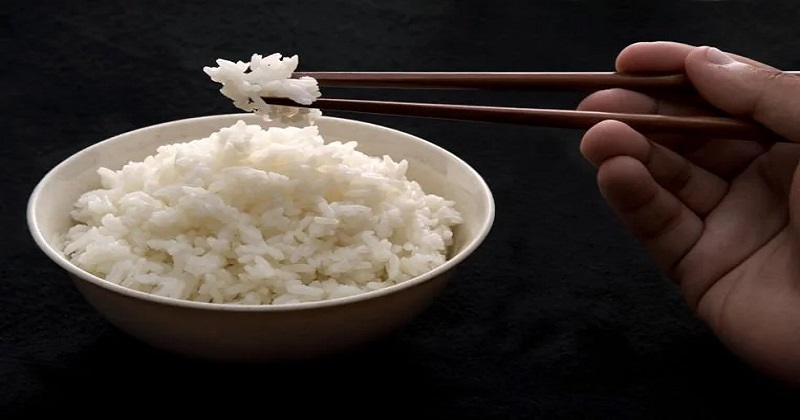
According to a study published April 16 in Nutrition and Diabetes, eating reheated rice instead of freshly cooked rice reduces blood sugar rises in adults with diabetes. A team of Polish researchers from Poznan University of Medical Sciences evaluated 32 people with type 1 diabetes, comparing their blood sugar levels after eating two different test meals. One meal consisted of 46 grams of carbs in the form of long-grain white rice, which was cooked and served right away. The other was the same amount of rice, but it had been refrigerated for 24 hours before being warmed and served.
They discovered that when individuals ate the cooled rice, their blood sugar levels were much more steady, with the less overall rise and a shorter time to peak than when they ate the fresh rice. According to the researchers, the findings show that cooled carbohydrates such as rice may help manage blood sugar levels due to a kind of carbohydrate known as resistant starch. The cooled rice in the research had substantially more resistant starch than the fresh rice.
Data suggests that resistant starch is metabolized more slowly. As a result, resistant starch, like fiber, may help control blood sugar by balancing the absorption of other carbohydrates. While the study was small and focused on a specific group, earlier research supports the concept that chilling carbohydrate-rich foods might modify how they’re absorbed. A similar 2015 study on persons without diabetes revealed equivalent effects, with the cold rice generating less of a blood sugar surge.
According to experts, having more resistant starch from cooled carbohydrates offers additional benefits such as managing hunger to keep you full after meals, minimizing energy dips, and even assisting in weight reduction. ‘If individuals are on a body fat loss journey and they’re looking at leveling their blood sugar levels, or if they’re looking at productivity and avoiding afternoon slumps, it might be advantageous to try to consume more resistant starch,’ registered dietitian Rhiannon Lambert previously told Insider.

Post Your Comments